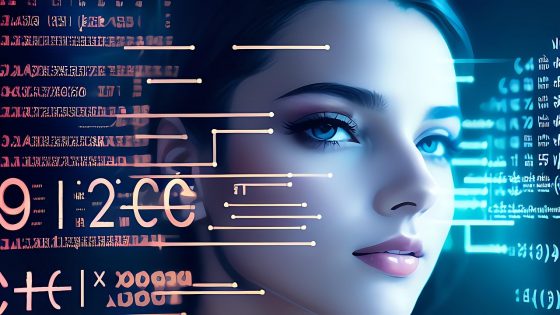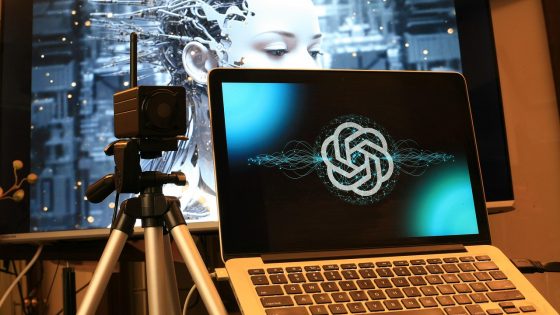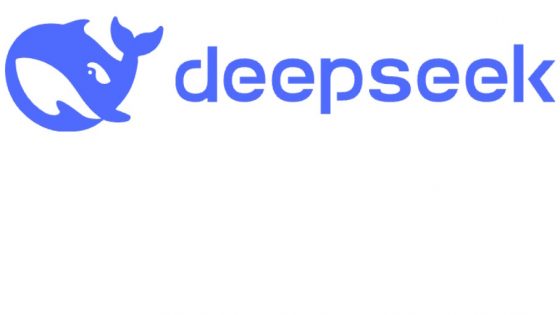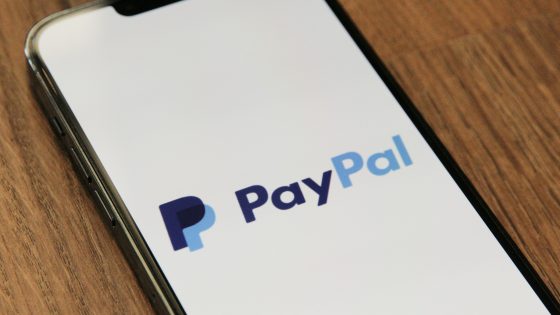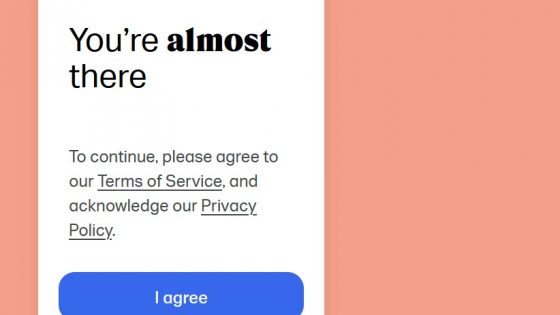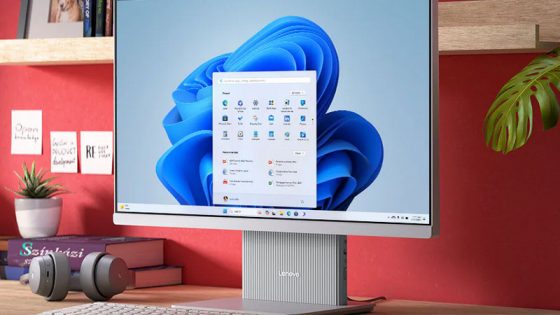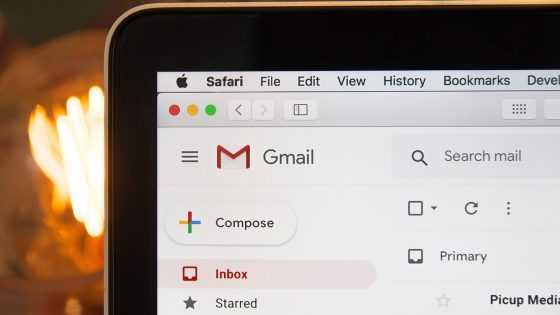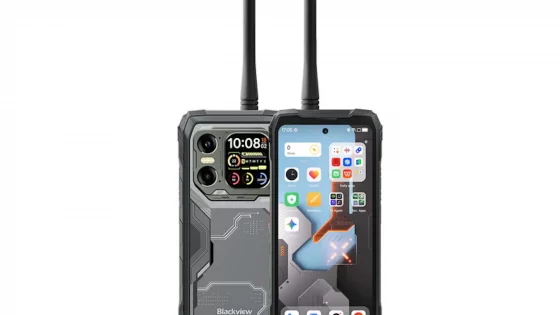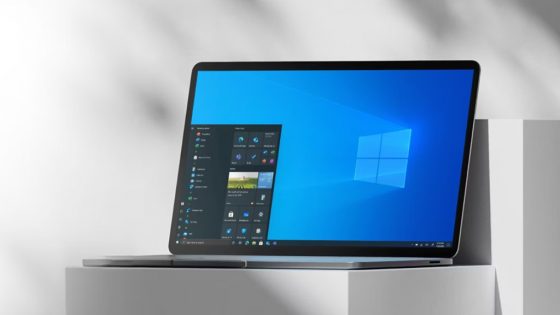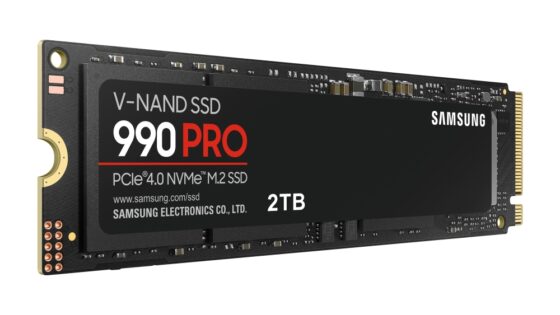Artificial intelligence in the job search

It's no secret that artificial intelligence is being used by both job seekers and employers. How will technology affect this field in the future?
Students applying for jobs this summer can take advantage of a new in-person interview coach. By submitting a specific job description, they can receive customized interview questions and answers—and feedback on their answers—all for free.
The coach offered by job search engine Adzuna is not a human, but an AI-powered bot known as Prepper. It can generate interview questions for over a million different roles across major companies and industries ranging from technology and financial services to manufacturing and retail.
For a student assignment in one of PwC's departments, the chatbot effortlessly offers questions like: "What skills do you think an actuarial consultant should have?" and "How would you explain actuarial concepts to a client who doesn't have a financial background?" When the user answers a question, Prepper generates a score from 0 to 100, telling them which parts of the answer worked well and what was missing.
Prepper is part of a new wave of chatbots—from ChatGPT to Bard and Claude—powered by generative artificial intelligence (AI). As you probably know, all of these chatbots are trained on vast databases that their creators have drawn from across the internet, including books, newspapers, blogs, videos, and image captions. They can produce authentic and sophisticated text that is largely indistinguishable from human writing.
“In the last 12-18 months, development has literally exploded,” he says Andrew Hunter, co-founder of Adzune.”Of course, the area in question is very hot right now, but there are actually a lot of smart tools [to help] with recruitment that to people help them find employment more easily.“
AI is far from a new technology in recruiting and job hunting. In the last decade, artificial intelligence has been used primarily to make processes more efficient and cheaper for employers – from searching for keywords in resumes to filtering video interviews with candidates.
But generative AI tools are once again bringing more power to job seekers. »Many of the recent improvements we've seen in artificial intelligence bring benefits to candidates,” he says Tomas Chamorro-Premuzic, organizational psychologist and recruitment technology expert. »A few years ago, recruiters pretended to use AI to look cool, even though they didn't. Now they pretend they don't use it.”
When Chamorro-Premuzic recently tried to hire a new employee, he asked the candidate if he had experimented with generative artificial intelligence. “He replied, ‘If it weren't for ChatGPT, I wouldn't be sitting in front of you right now.'" The resume, cover letter, and application were written by artificial intelligence.



